

December 6, 2019
Uncategorized
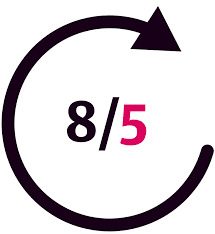
5-Hour work days? The all-star of Deep Work, Cal Newport makes a compelling case in the Wall Street Journal.
This is actually how culture work began. Factories used to have long days with no vacations, until experimentation proved that having people work less can mean more. Working less meant more long-term work due to fewer injuries and thus lower turnover costs.
Could this be our future?
If you think this is all good news, it’s not as simple as less work. The companies that do it also add more discipline such as no social media or even phones during those highly focused hours.
As usual, don’t believe this or a anything I say! Test it out for yourself and use real-world data.
October 31, 2019
Great cultures ,Productivity ,Tools
Everyone knows the path to success is not a straight line, but it’s NOT total chaos like some think either:
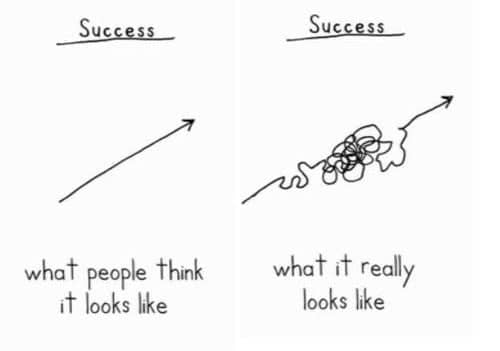
Image credit: This Is A Book, by Demetri Martin
I think the best path is described in the book Principles, by Ray Dahlio.
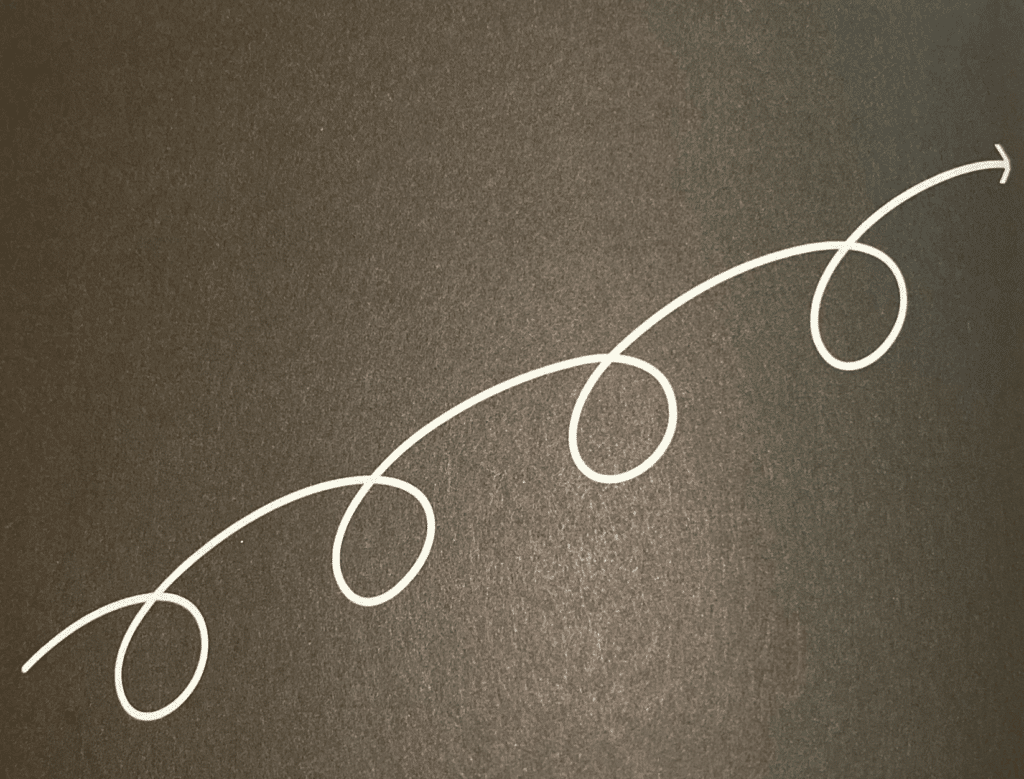
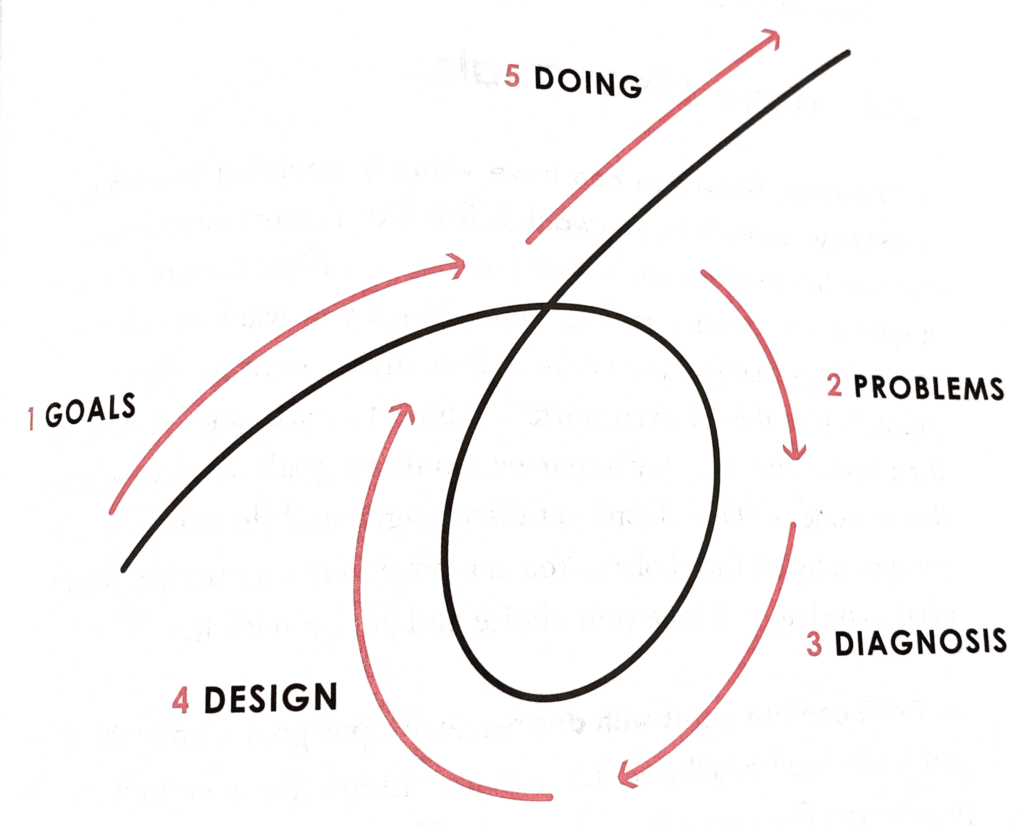
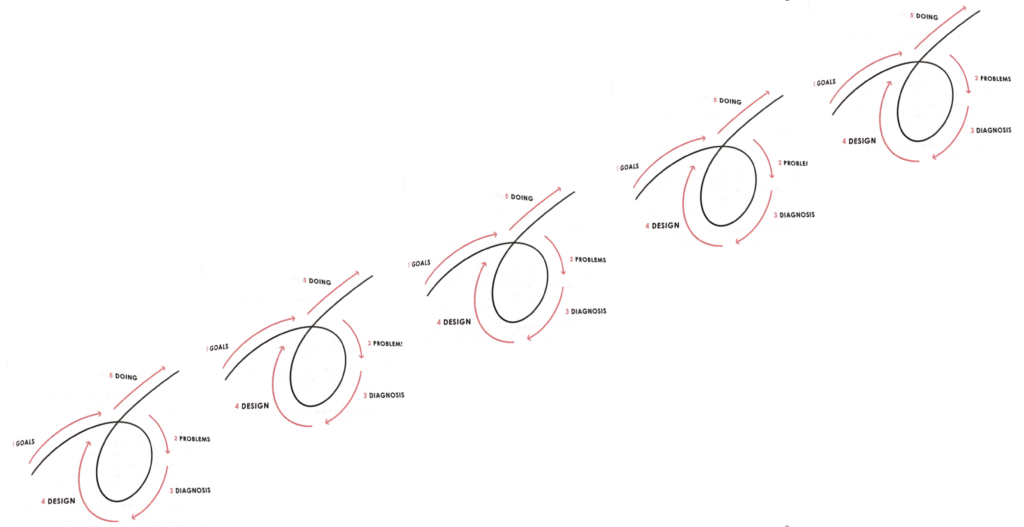
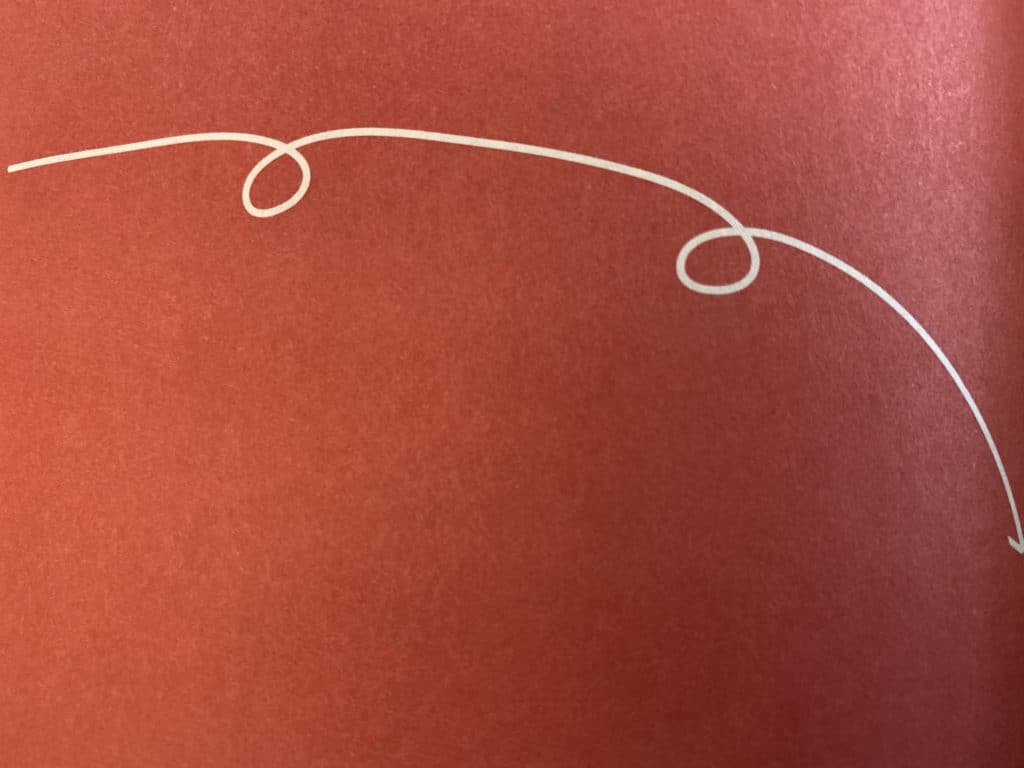
October 14, 2019
Great cultures ,Hacks ,Personal Exploration ,Tools
“How lucky are you on a scale from 0-10?”
Zappos recruiting would ask this question in interviews because people who feel lucky are generally grateful, joyful and optimistic. People who don’t feel lucky tend to believe that they haven’t been given many breaks and they can’t rely on anyone. In other words, they’re not the best team players.
I’ve thought a lot about luck over the years, because I’ve been very lucky. One of my business partners once called his “good luck charm.” He said he believed things went well when I’m around and that there’s this sense that anything is possible.
And it often triggers people when I say I’m lucky. They think luck means leaving everything to chance. They think it means taking no responsibility for what happens. And in some ways I think they’re right. I mean, how much control do we really have? And how many good things have happened that we just can’t explain? (PS – People who don’t like the word luck usually prefer the word “fortunate”).
So let me tell you what I think it is, and how I think you can get more of it.
Most people call luck the intersection of preparation and opportunity.
If you ask very successful people what’s the one thing they would need besides money if they lost everything and had to start again – it’s their Contacts Book (also called a rolodex). The contacts I’ve met have been key to all of my success, and those moments we meet are the game changers.
I happened to be at Georgetown Leadership School at the same time as Dave Logan. And that got us into Zappos where I happened to meet Tony Hsieh with an author we both loved, which started our conversations that lead to me coming to Zappos. Before that moment I couldn’t get a job in organizational development for the life of me.
Tony would call it the power of serendipity. So he made sure all the fire exits were closed to regular traffic so that everyone went through one entrance and could meet people they would otherwise never see. Now he’s doing that with his downtown abode, where they’ve recreated a version of Burning Man.
I’ve met amazing people there, and I continue to meet amazing people wherever I go.
So here’s a few tips on how to engineer your own luck…
1. Show up early
To everything. By showing up early you create the space to meet people that you otherwise would never meet. If you’re only on time or showing up late, you close down that window of opportunity.
2. Follow the energy
When I lost everything in a venture, I didn’t want to do any kind of work… except being a Spinning instructor. And (at the time) there was no money in that. But it was the only thing I felt gave me energy. By doing it, I increased my energy, and then brought that energy into my interactions that helped me get my next big break. It made no sense, but I followed the energy. What
3. Assume you’re in it.
Rather than trying to find these moments (being in the right place at the right time with the right people), go into situations assuming you’re already there, and get curious about what you could learn, or contribute with them.
Have fun and tell me how it goes!
October 7, 2019
Culture of Chaos ,Great cultures ,Hacks
Of course there are many things that drive us, but when we’re talking about culture, we’re talking about relationships. There is no culture without people and it’s what’s invisible, and what’s between us that matters.
So try this on for size…
We want both safety and danger.
Think about it. We all need safety. It’s basic within the Maslow hierarchy of needs. But imagine that everything was safe, and nothing ever changed. Nothing was at risk. In a word, we’d get bored. I talked to someone at a very prestigious company that everyone wants to work for and she said there’s no challenge and she wants to find something more exciting.
And of course, if everything was a big risk then our nervous systems would be shot.
So the answer is both.
It goes back to our primary relationship with our parents. The kids who grow up with healthy relationships are those who were given safety to feel at ease, but also given the chance to expand and test our boundaries. If we were overprotected then we get soft, and anxious when anything challenges our world. If we were given no safety and supervision then it feels like we can’t rely on anyone to have our backs.
The best cultures create a sense of safety to speak our minds, and be ourselves without needing to hide. And at the same time they give us big challenges that are outside of our comfort zone so that we can grow and the company can grow as a whole.
I remember when I rode the “Saints to Sinners” bike race with the Zappos cycling team. We had an SUV with 5 guys to ride for 24 hours from Salt Lake City to Las Vegas. I remember riding through a thunderstorm and feeling safe because if anything went wrong my team was there. And I even rode in the pitch dark with only a small light in front of me. It felt scary, but I knew that my team was trailing me a few miles behind, so I was totally safe.
I had that experience at Burning Man as well. I was riding through the desert at midnight when a sand storm picked up. Very dangerous, but I felt totally safe because I had my mask, water and two friends by my side.
Remember, at its core, it’s all a feeling.
As a leader are you cultivating your own sense of balance? Do you have established systems and protocols to rely on (feel safe) while still working on the big hairy audacious goals? Both are important and maintaining both will create an engaged environment where people don’t want to leave.